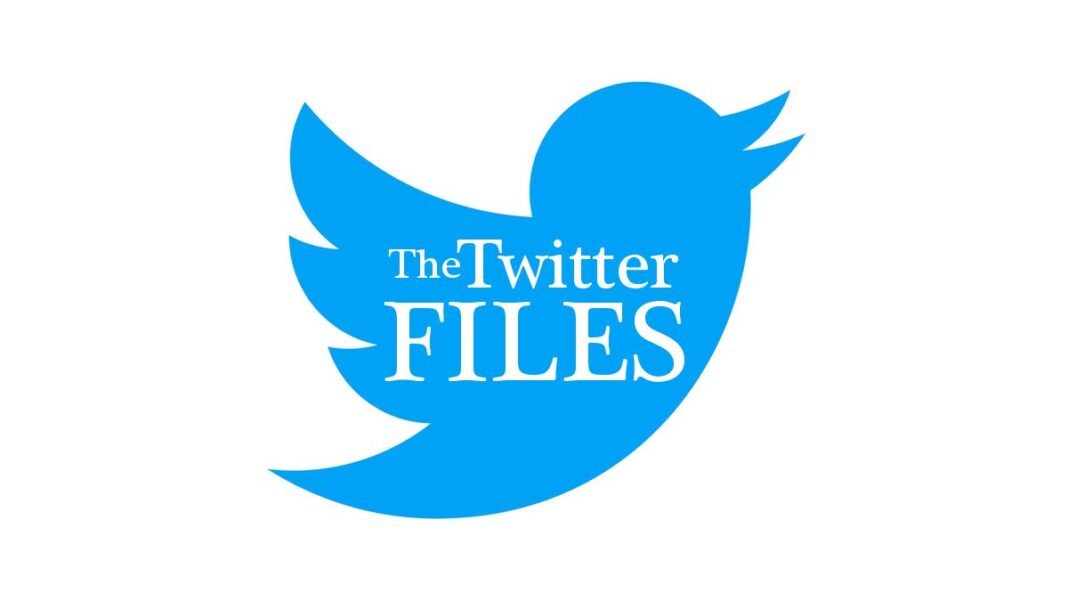
Larry Kudlow: Economy and country are clamoring for more limited government
Thursday’s GDP report shows that real disposable income has fallen off a cliff
The latest numbers from the Bureau of Economic Analysis show that the U.S. economy grew by 2.9 percent in the fourth quarter of last year, and 2.1 percent for 2022. While the White House was quick to take credit for the state of the nation’s economy, they might want to think twice. This latest report should have alarm bells ringing, not trumpets sounding.
That’s because economic growth is slowing down. Even the areas which contributed positively to gross domestic product (GDP) are not necessarily signs of prosperity. For example, business investment grew at only 1.4 percent in the fourth quarter, but that was almost entirely inventory growth. Nonresidential investment, a key driver of future economic growth, was up just 0.7 percent.
Meanwhile, residential investment fell off a cliff, dropping 26.7 percent as consumers were unable to afford the combination of high home prices, high interest rates and falling real incomes. No wonder homeownership affordability has fallen to the lowest level in that metric’s history.
But the growth in inventories, which accounted for half the GDP growth in the fourth quarter, is not a good sign, either. It is the result of businesses being unable to sell off existing inventories at current prices. Liquidating that inventory at discounts will mean lower profits, a further drag on future growth.
Another positive contributor to the GDP number was net exports, which is simply exports minus imports. But the gain here resulted from a slowdown in international trade — hardly a sign of wealth for Americans. Instead, imports are simply falling faster than exports, which shows up as an increase in GDP.
The most troubling information in the GDP report is the precipitous drop in real disposable income, which fell over $1 trillion in 2022. For context, this is the second-largest percentage drop in real disposable income ever, behind only 1932, the worst year of the Great Depression.
To see why, imagine your hours have been cut back at work. You’re now earning $100 less a week, so you decide to reduce your weekly spending by $105. Your budget then shows a net increase of $5 left over at the end of the week. Your earnings are like exports, your spending like imports and the overall change to your budget is like net exports.
By E.J. Antoni






